
Politics & Society
Trump’s victory will recast American politics in his own image
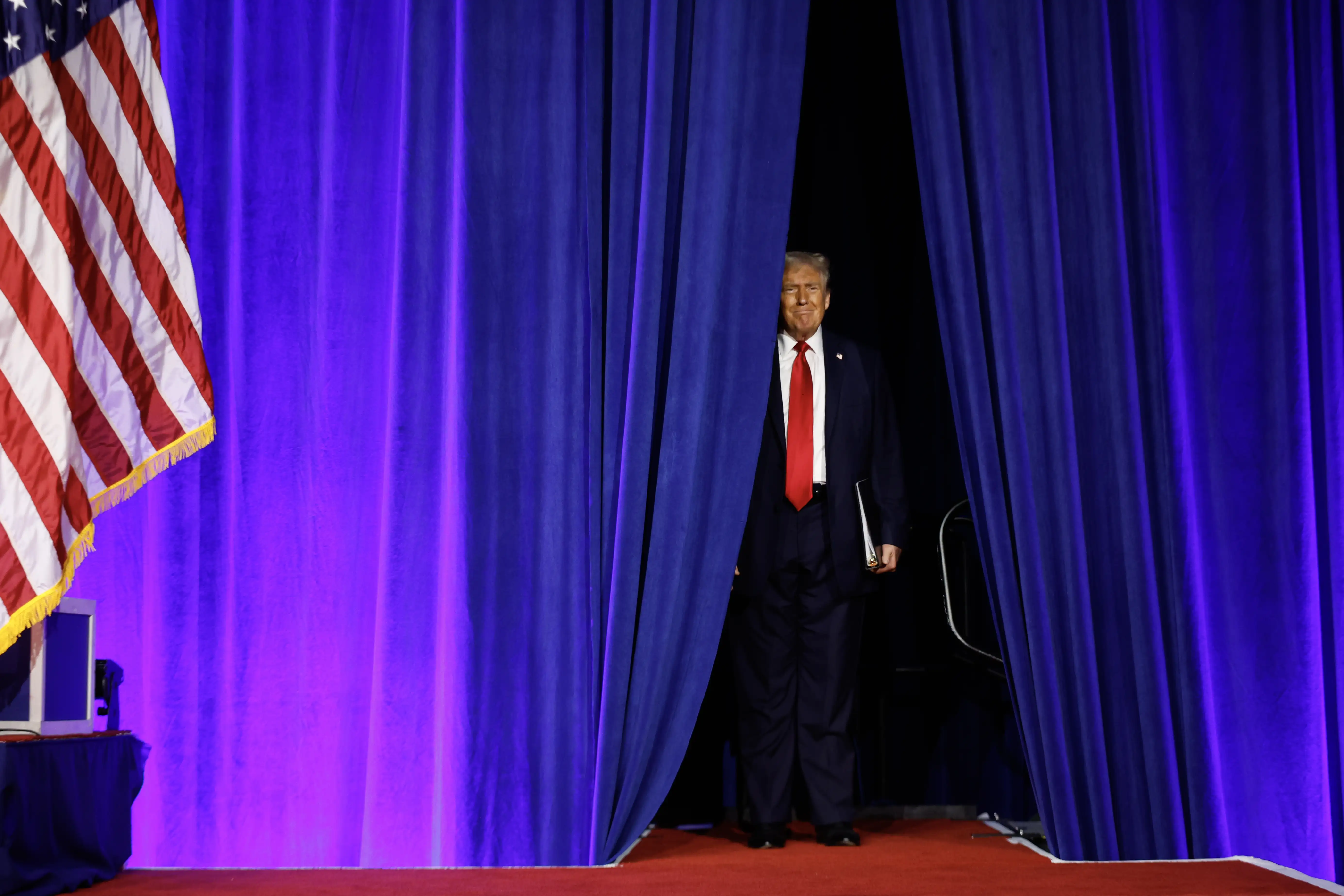
Donald Trump’s victory in the US elections has come as a shock to some and a joy to others, but there are good reasons to think his second term will be a success
Published 11 November 2024
If you rarely encounter a conservative lecturer, journalist or podcast, and your visits to the United States take in only the coasts, the prospects of Donald Trump’s second term will fill you with a mixture of bemusement and dread.
Australia’s leaders haven’t helped.
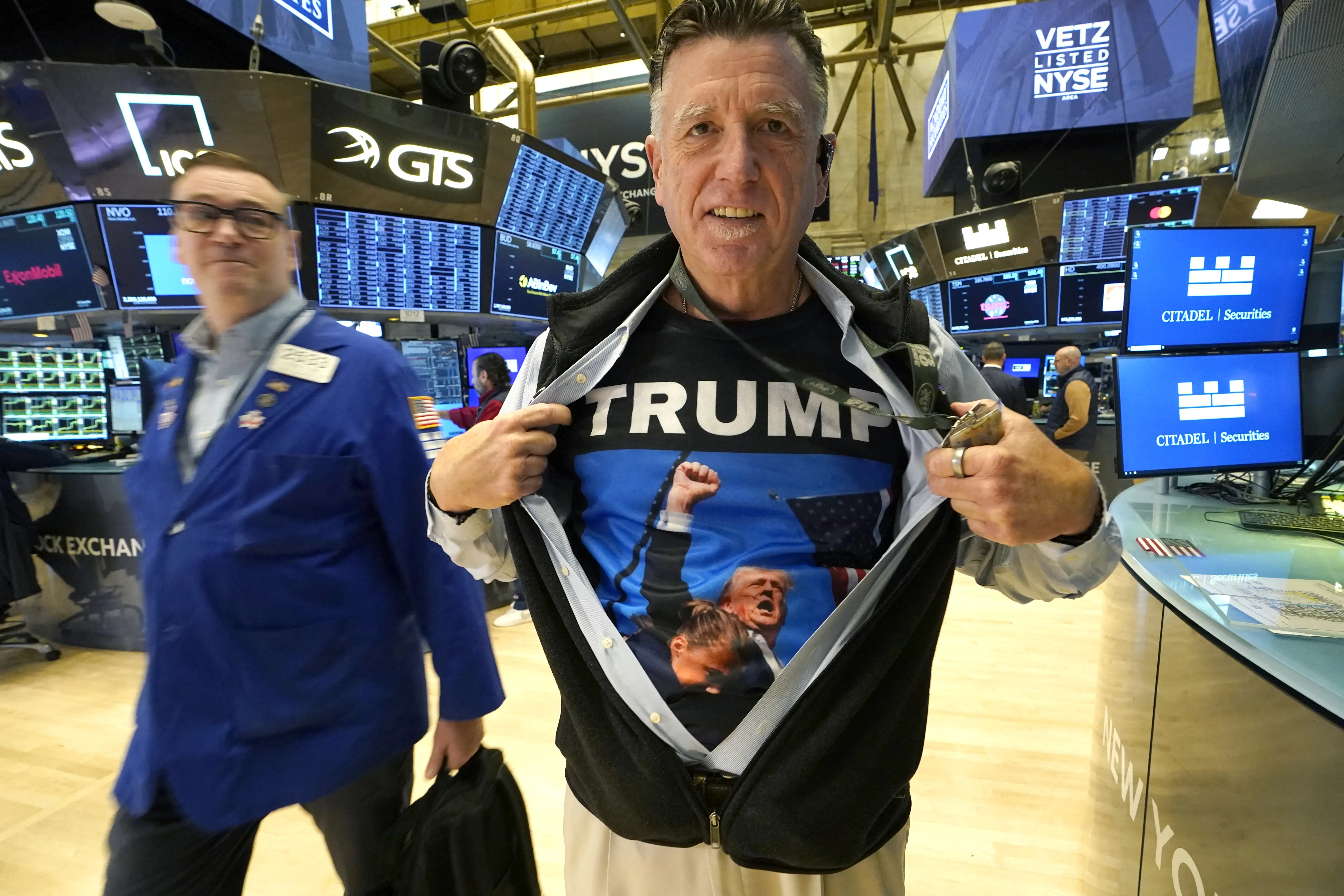
Trump 1.0 “scares the shit out of me,” said now Prime Minister Anthony Albanese in 2017. Kevin Rudd, Australia’s ambassador to the United States, has called the soon to be 47th president “a traitor to the West”.
In 2017, just after Donald Trump was first elected as US President, I wrote a list of reasons not to be afraid of an untried and untested celebrity in office. And some of those reasons still stand.
The world survived Trump 1.0. Australia didn’t do too badly. And there are several reasons to not be afraid of his return.
Trump’s economic record was a good one. He will try and repeat it. The S&P 500 rose nearly 70 per cent across his term. That metric alone would place him fourth on the post-World War II list, just ahead of Ronald Reagan.

Politics & Society
Trump’s victory will recast American politics in his own image
The US enjoyed strong job growth. Inflation was under control. Blue collar wages rose. Trump won the support of many American workers for his trade war with China.
Without Covid, Trump’s economic record would likely haven gotten him re-elected in 2020. He will try, imperfectly, to recover that pre-virus mojo. He has the mandate to do this.
World peace did not breakout in Trump’s first term. But 2017-21 was a period of comparative stability.
Putin did not invade Ukraine until February 2022. Israel seemed secure under a peace accord engineered by the Trump administration. The young women of Afghanistan were still going to school.
President Biden, through a combination of bad luck and poor leadership, watched the crushing of Afghanistan democracy, the full-scale invasion of Ukraine, the Hamas attack on Israel, and Iran firing missiles into the only democracy in the Middle East.
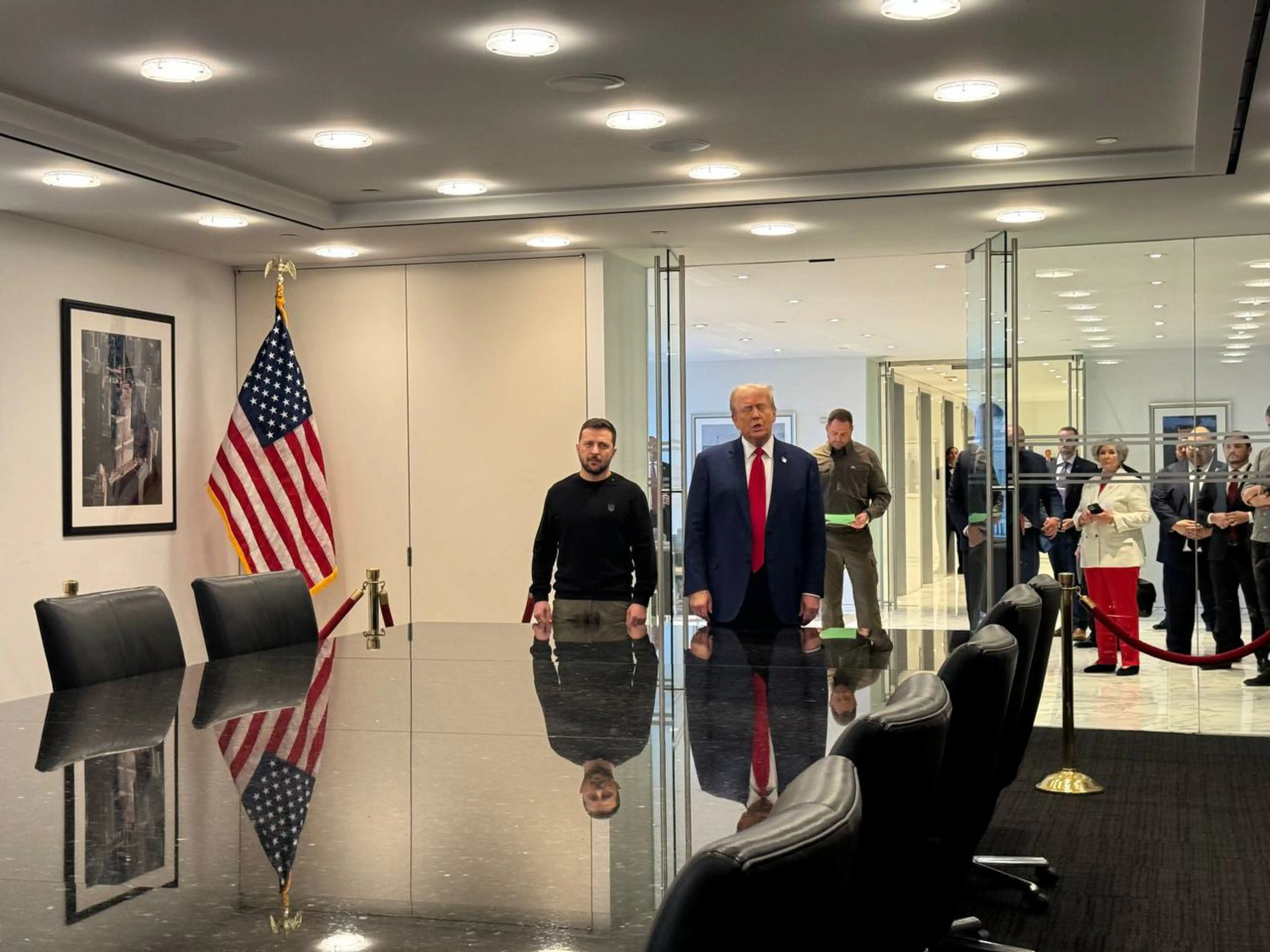
He leaves office with these crises unresolved.
How much worse can things get under the new Trump administration? Trump could abandon Volodymir Zelensky. He could telegraph to China his ambivalence about Taiwan – inviting invasion.
But his return could also mean the European Union takes its own defence more seriously (a good thing) and sow confusion into the minds of the Iranian regime about what he intends for them. It is not clear how Biden made progress on any of these fronts.
Trump’s success on 5 November – winning both the electoral college and the popular vote – has given him the biggest electoral mandate (the authority to carry out his platform) for a Republican president in a generation.

Politics & Society
Your social media feed is changing democracy
This is good for democracy.
The jarring effect of winning the presidency while losing the popular vote – the result in 2016 for which Trump was not forgiven by Democrats – has been stilled.
Despite having a three to one spending advantage, including the support of Hollywood and elite universities, Harris was roundly beaten – winning fewer votes in almost every state and among nearly every demographic group than Joe Biden, the man she replaced, did in 2020.
We are in the Age of Trump. He has dominated American politics since 2016. He looks set to do so until 2029. That is a 12-year ascendancy, Franklin Roosevelt territory.
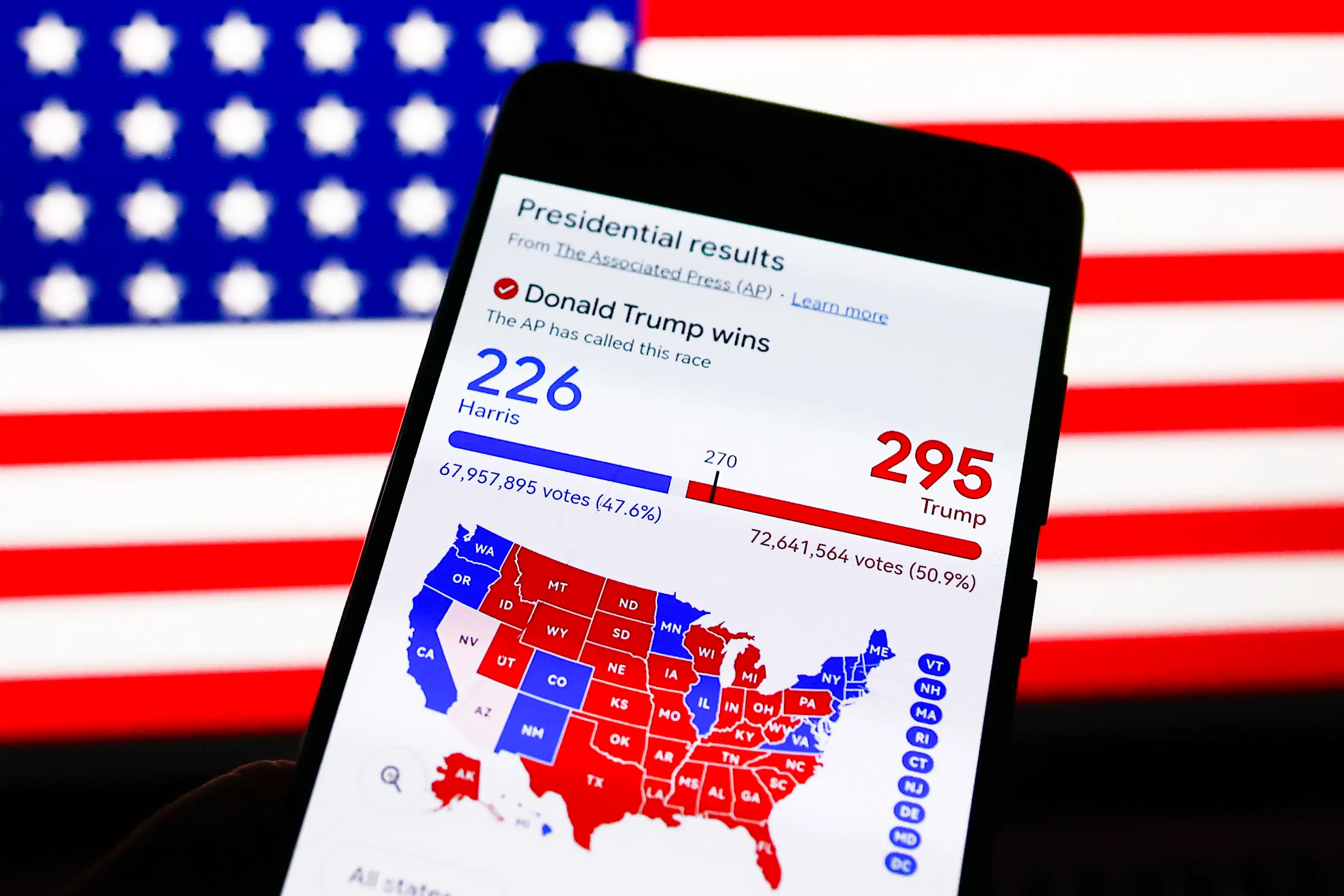
It will inevitably change the nature of his opposition. Republicans are touting the end of identity politics. This may be unwarranted optimism. But Trump has revealed the limits of progressive cultural power.
The left’s colonisation of race and gender did not turn into national political power. Quite the opposite, in fact. Their candidate in 2024, a woman of colour, received the lowest share of non-white votes of any Democrat since 1960.
On gender, she was unable to escape the woke caricature the GOP constructed: “Kamala is for they/them; President Trump is for you.”
If the Democrats are serious about winning back power, they will have to relearn the vocabulary of class politics. This just might revitalise the progressive movement.
That could be one of Trump’s most enduring legacies: turning the Democrats from a party of ‘wokers’, back to a party of workers.

Politics & Society
Episode 3: USA Votes – Harris or Trump?
The exciting next phase of American political development was confirmed by Trump’s big win. He has blown apart the idea that the GOP is reliant on angry white men.
The gains he made with voters of colour were significant. Just as Democrats must now take class seriously again, so must Republicans learn how to cement their multiracial support.
In compelling graphics, the New York Times conceded that ‘Trump’s swift victory was driven by red shifts across the country, with gains among seemingly every possible grouping of Americans.
Native Americans, one of the groups progressives have attempted to sacralise, moved back towards the GOP (by 10 points). Trump increased his support in Hispanic-majority counties by 13.3 points (compared to 2020).
More Hispanic women voted for Biden in 2020 than for Harris in 2024. And Trump doubled his support among black men; two in five voted for him.
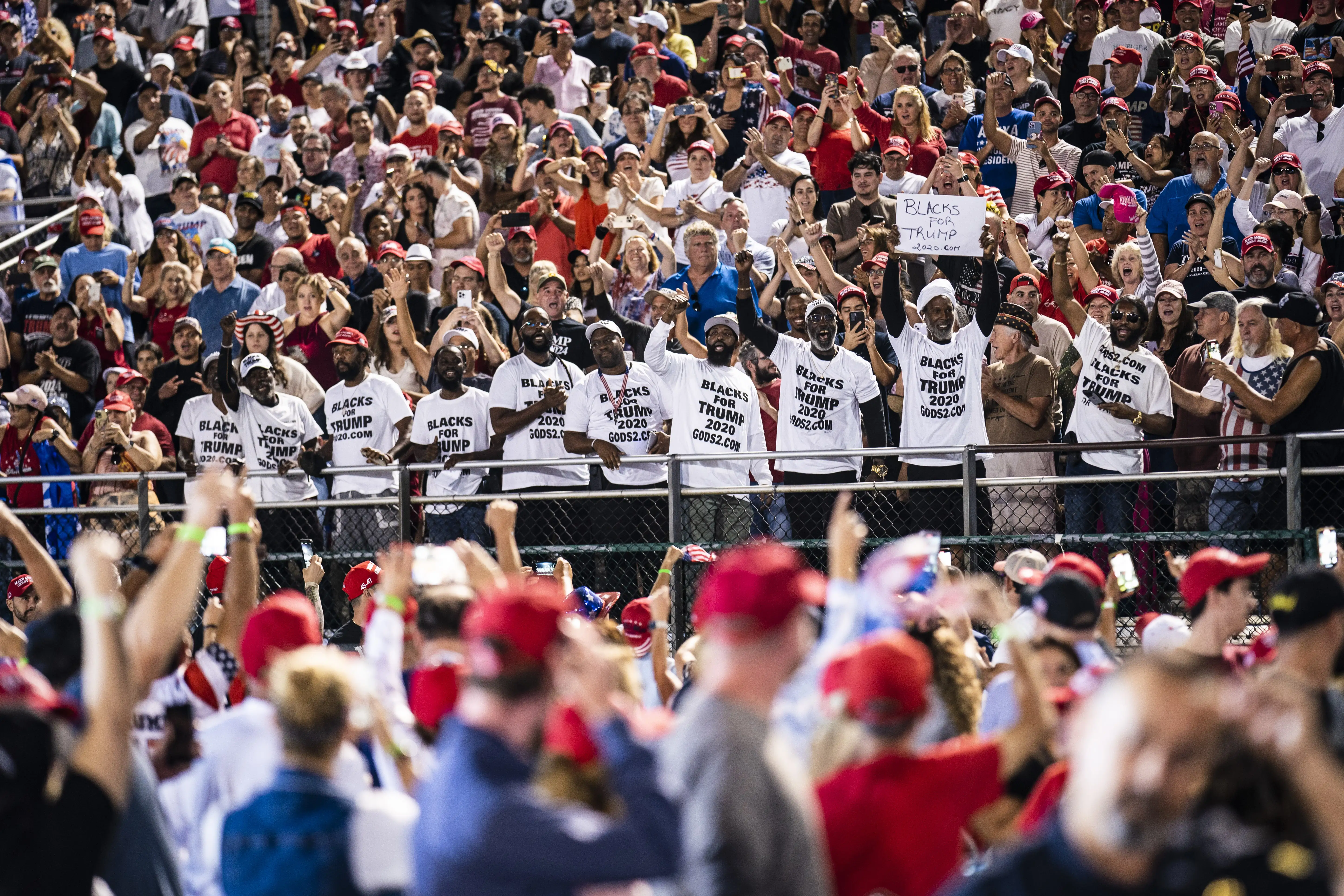
Trump 2.0 may go down in history as the beginning of a more genuinely representative form of American democracy – one in which both parties compete on ideas rather than on identities.
When Trump won narrowly in 2016, it was dismissed by many as a protest vote.
In the interim, Trump has initiated a much deeper transformation of conservatism. By picking JD Vance as his vice president, Trump has anointed a technocratic as his (possible) successor in 2028.
Rather than shouting down the institutions of the deep state, Vance is part of a global intellectual movement determined to march back through the institutions currently occupied by the progressive Left.
The New Right need technocrats and thinkers – not reactionaries – to staff the government departments, schools and campuses of America’s future.
This cultural recalibration is long overdue. Trump 2.0 makes it possible.

Health & Medicine
Is rising inequality fuelling our moral outrage?
The foregoing may constitute Republican wishful thinking. The anti-Trump left should find solace in his age (he is the oldest man to win the presidency) and how quickly his political capital will disappear (which is what happens to all second termers).
Despite his remarkable electoral victory, Trump will be a lame duck president on day one.
All second-term presidents, because they cannot be re-elected, are lame ducks. Their power dissipates as their presidential clock ticks down.
Trump cannot elide this fate. We will soon be debating his replacement.
Most second terms end in failure and scandal – or exhaustion. Richard Nixon resigned in his. Ronald Reagan’s was nearly ended by the Iran-Contra scandal. George W. Bush faced a global financial crisis. Barack Obama’s second term failure was the election of Donald Trump in 2016.
Trump 2.0 will not be unbounded. He will face the same structural-political pressures as his predecessors.
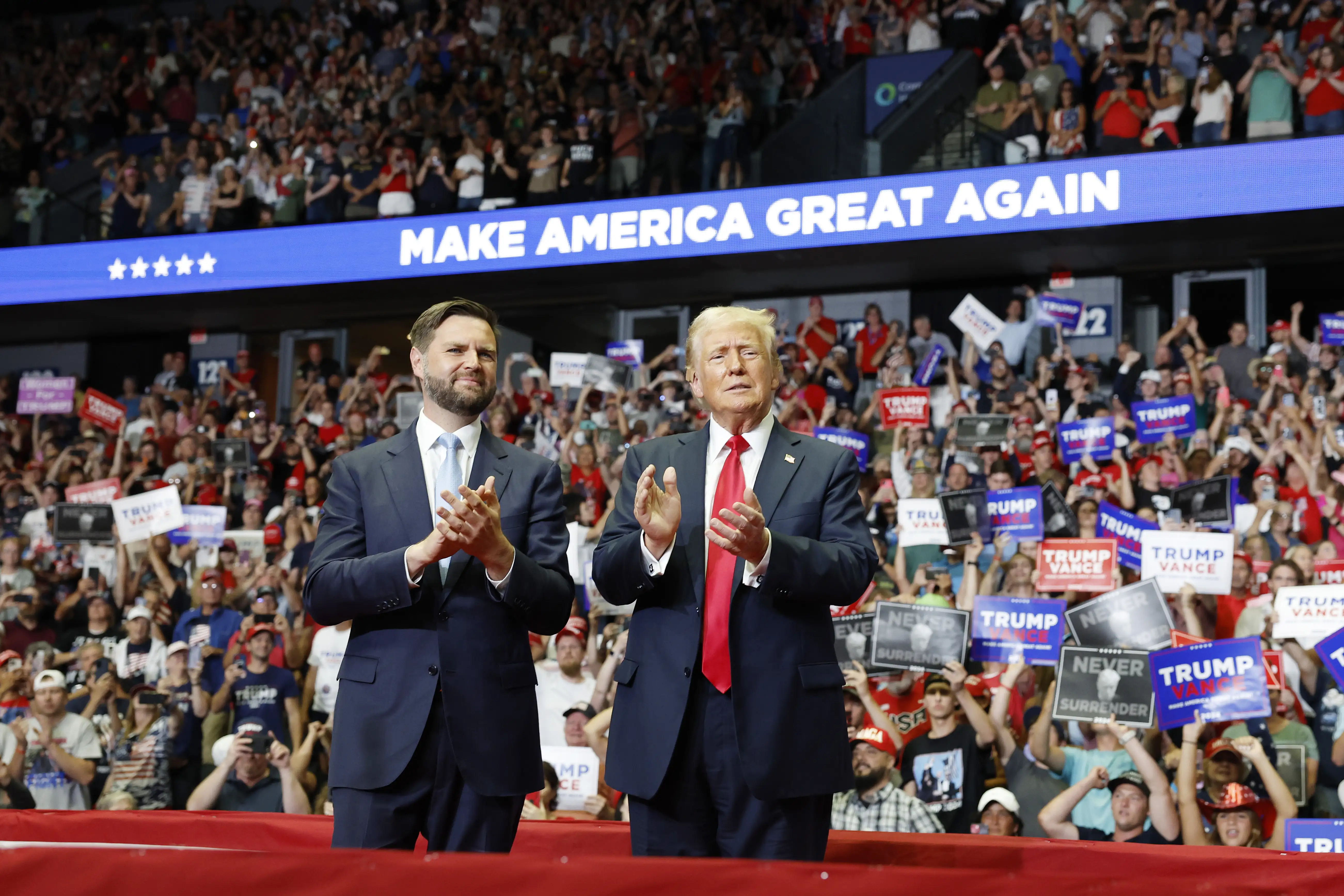
The greatest opponent of Trump’s autocratic tendencies is the Constitution of the United States, now in its 24th decade of operation.
Trump ended his first term as a petulant child: sulking over an election he clearly lost, implicated in an insurrection against Congress and refusing the basic decencies of a peaceful transfer of power.
But the Constitution held. It holds still.
Trump left office reluctantly but left nonetheless, as per its terms. It is a fantasy to fear he will still be in office after January 20, 2029. It is possible he could be impeached and removed in the interim, as the Constitution allows.
In questions of power then," said Thomas Jefferson, "let no more be heard of confidence in man, but bind him down from mischief by the chains of the constitution."
Those chains are worn by Trump as surely as they have been by every US president that has gone before him.